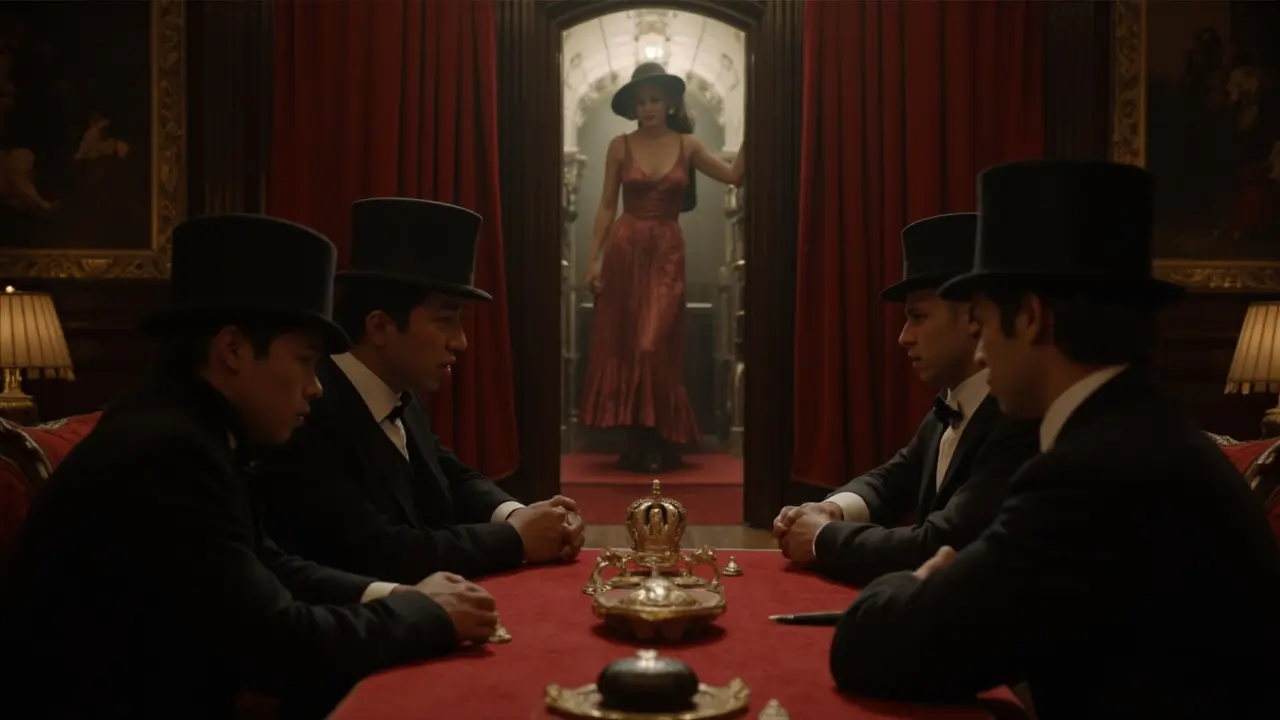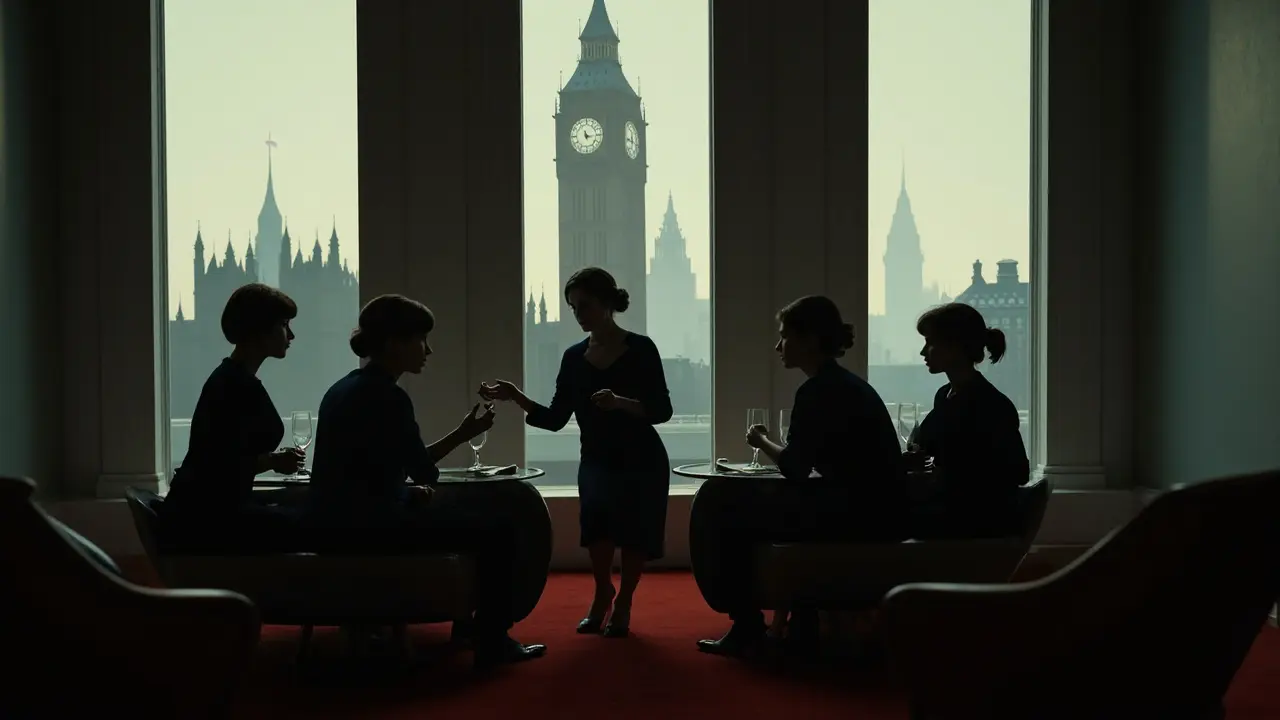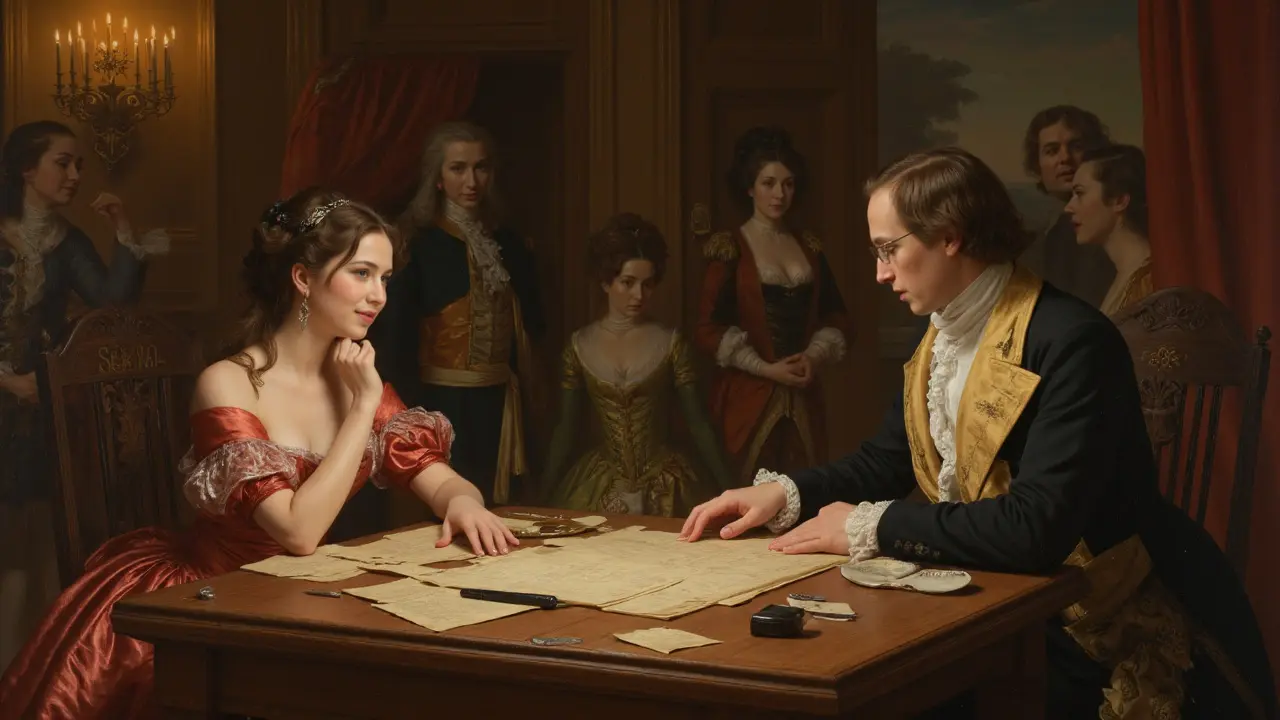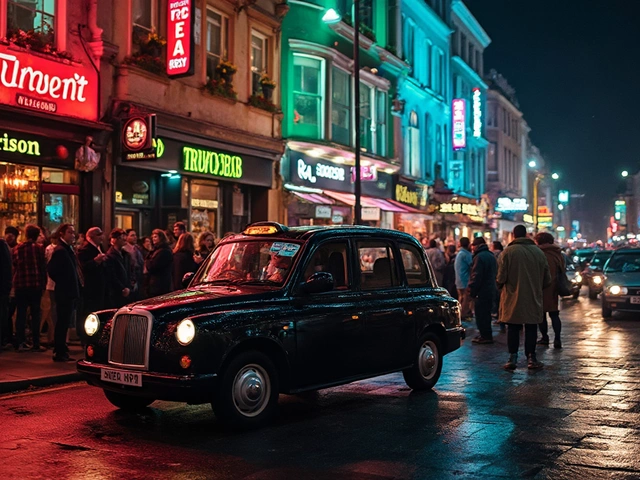Think power plays only happen in the open? Courtesans flipped that idea on its head. These women were way more than entertainers—they were insiders at the very heart of political drama.
It’s wild how courtesans worked their way into rooms where big decisions got made. They didn’t just watch from the sidelines. Kings, generals, and ministers actually listened to them—sometimes more than to official advisers. Why? Courtesans were trusted with secrets, knew who was feuding with who, and picked up info that could shift the balance of power with just a well-timed word.
Here’s a tip—when you study old-school politics, keep an eye out for the people behind the scenes. Often, the ones who aren’t mentioned in official records were pulling more strings than you might ever guess.
- Behind the Curtain: The Courtesan’s Reach
- Secrets and Whispers: Access to Power
- Real-Life Power Moves: Famous Examples
- Risks and Downfalls: When Intrigue Backfires
- Modern Echoes: What We Can Learn Today
Behind the Curtain: The Courtesan’s Reach
Courtesans didn’t get their influence by accident. In a world where women were often shut out of public power, they created their own path straight to the top. Courtesans ended up in private spaces with the most powerful people—think kings, sultans, and politicians. This access wasn’t just social; it gave them a seat at the table for real political talk, even when the official records ignored them.
Take Ninon de l’Enclos in 17th-century France. She wasn’t just charming—she built a network that included top writers, dukes, and ministers. She gave advice to decision-makers, set up meetings between rivals, and sometimes calmed things down when politics got heated. Her influence was so wide that people actually worried about who she was talking to next.
And then there’s India’s court culture. Courtesans—called tawaifs—weren’t just entertainers. They were experts in music, dance, and conversation, but more importantly, they became trusted confidants to nawabs and princes. Their advice could tip the scales if a ruler was on the fence about a treaty or alliance.
The thing that stands out? Courtesans were quick thinkers. They had to be. They learned secrets over a glass of wine or during a quiet dance. If you look at the Italian states in the Renaissance, you’ll spot Veronica Franco, who’s famous for using her wit as much as her looks. She wrote poems aimed at the Venetian political elite and showed how women could shape opinions—even when surrounded by men who ran the city.
- Courtesans could pass crucial messages between rival leaders.
- They often helped negotiate peace or alliances quietly, off the record.
- Many used coded language—so prying ears wouldn’t catch on.
They weren’t always working alone. Often, they needed networks of insiders—servants, musicians, artists—who could gather info, too. Sometimes, they ended up controlling who got in and out of those private meetings.
Check out these useful stats:
| Region | Known Courtesans (1500-1800) | Royal Courts Involved |
|---|---|---|
| France | Over 30 | 3 (Versailles, Paris, regional) |
| Italy | More than 20 | 4 (Venice, Florence, Naples, Rome) |
| India | At least 50 | Multiple princely courts |
Here’s what you should remember: the courtesan didn’t just listen and look nice. She shaped the conversations that changed history. If you’re digging into any major historical event, always check who had private access to the person in charge—it might surprise you who was calling the shots from behind the scenes.
Secrets and Whispers: Access to Power
If you want to understand the real reach of a courtesan, you’ve got to look at who they could talk to behind closed doors. They weren’t stopped by the same barriers most people ran into—titles, armies, or family ties didn’t mean much when someone like Madame de Pompadour had the king’s ear. In 18th-century France, Pompadour was more than just King Louis XV’s favorite; she swung actual political weight, giving advice on appointments, foreign policy, and even war. That wasn’t an exception. In India, some Mughal courtesans could relay what rival princes were plotting, sometimes shifting alliances with a single night’s conversation.
Being close to powerful people meant courtesans heard things first. Historian Susan Griffin nailed it when she wrote:
"Courtesans sat at the crossroads of private desire and public decision, quietly collecting information no diplomat ever could."
If you look at Vienna’s salons during the 1800s, you’d see names like Lola Montez. She convinced King Ludwig I of Bavaria to make political choices just from their talks. It wasn’t just about charm—these women mastered the social chess game, staying two moves ahead of everyone else. The result? Deals inked, marriages broken, wars started or stopped, and entire careers made or ended from a side conversation in a lavish boudoir.
| Courtesan | Leader Influenced | Major Impact |
|---|---|---|
| Madame de Pompadour | King Louis XV | Political appointments, Seven Years' War decisions |
| Lola Montez | King Ludwig I | Bavarian reforms, ministerial changes |
| Mata Hari | French and German officers | Intelligence passed during WWI |
How did they pull this off? Here’s what stood out:
- Broke normal social rules—could speak freely with rulers.
- Cultivated trust and built networks across rival groups.
- Picked up on subtle hints—body language, secrets passed in a joke, or even a bored sigh at a dinner party.
Want to trace this stuff today? Next time you watch politicians, influencers, or celebrities, think about who’s always nearby but never at the center. Sometimes the real movers never make the headlines.

Real-Life Power Moves: Famous Examples
When you dig into history, it’s shocking just how much sway some courtesans had over major events. They didn’t just sit around in fancy dresses—they called the shots in ways you don’t see in the official documents. Here are a few real-world stories that show just how powerful these women could be.
Start with France’s legendary Ninon de l’Enclos. She wasn’t just there for party gossip—she gave advice to politicians, held salons where writers and diplomats hashed out ideas, and even influenced laws on freedom of speech way back in the 1600s. Think about that: a courtesan nudging the course of French culture with conversation and a sharp wit.
Then there’s Madame de Pompadour. She was the official mistress of King Louis XV, but she wasn’t just a pretty face. She read and discussed state papers, pushed for alliances (like backing Austria in the Seven Years’ War), and even had a hand in promoting new art and technology at the French court. One bold move: she recommended ministers and removed political rivals. In a world dominated by men, her opinions often turned into royal commands.
Venice had its own brand of influential courtesan: Veronica Franco. She acted as a go-between for nobles and foreign envoys, passing messages that could make or break trade deals. Because of her reputation for intelligence, diplomats would actually seek her out for insight about who could be trusted in Venetian politics.
Let’s see how these real examples stack up with a quick comparison:
| Name | Era | Main Influence | Famous Moves |
|---|---|---|---|
| Ninon de l’Enclos | 1600s France | Cultural/political salons, legal speech reforms | Spent decades shaping debate in Paris |
| Madame de Pompadour | 1700s France | Royal policy, arts, government appointments | Backed Austria, replaced ministers, shaped arts |
| Veronica Franco | 1500s Venice | Diplomatic info flow, Venetian politics | Brokered deals, political adviser to elites |
These stories aren’t just old-school drama—they show real consequences. Stuck ministers found themselves out of a job; trade partners changed; whole wars got nudged by simple conversations. Don’t underestimate the courtesan—she’s often the smartest person in the room, even if you won’t see her name in the headlines.
Risks and Downfalls: When Intrigue Backfires
For every courtesan who shaped history, there’s one who faced ruin—or worse—when the political game went sideways. Getting that close to power put them in risky spots. One wrong move or slip of the tongue could mean exile, jail, or even death. Look at Madame du Barry, a famous figure in the French court. She enjoyed crazy influence, but when political winds changed during the French Revolution, she was executed by guillotine in 1793. That sharp turn from luxury to terror shows how quickly things could unravel.
There’s also the story of Mata Hari. She wasn’t just a dancer and courtesan—she was accused of being a double agent during World War I. French authorities believed she leaked secrets. Whether she did or not, it cost her dearly: she faced a firing squad in 1917. Her case shows how accusations alone could destroy a reputation and a life.
Plenty of courtesans wound up broken, banished, or locked away if a powerful lover lost favor or if rival courtiers wanted to take them down. The more influence they had, the more enemies they made. One minute they were being showered with gifts, the next, left out in the cold—or facing much worse.
| Courtesan | Period | Downfall Cause | Outcome |
|---|---|---|---|
| Madame du Barry | 18th c. France | Revolution changed court loyalties | Execution (guillotine) |
| Mata Hari | Early 20th c. Europe | Spy accusations | Execution (firing squad) |
| Ninon de l’Enclos | 17th c. France | Public scandal | Brief imprisonment, social exile |
If you’re ever studying the lives of courtesans, remember—being close to the action was always dangerous. Today, we see a similar rule in business and politics: if you’re at the center of intrigue, have a backup plan for when the tables turn.

Modern Echoes: What We Can Learn Today
Turns out, the courtesan’s tactics aren’t lost to history—they just look different now. The same behind-the-scenes influence they used still pops up in modern politics, business, and even entertainment. Think backroom meetings, quiet advisors, or even group chats where the real deals go down before anything hits the headlines.
You can actually spot patterns from the old courtesan days in how power networks work today. Those with social smarts—the ability to read people, earn trust, and stay just outside the official spotlight—often get more done than folks with titles alone. Take the example of lobbyists or unofficial advisors in government. According to the Center for Responsive Politics, in 2024 alone, U.S. lobbying spending hit $4.2 billion. That’s a lot of quiet influence.
It’s not just in politics. Watch any corporate boardroom drama, and you’ll notice the same thing: people who act as "connectors"—swapping information, bending ears, and making introductions behind the scenes. They might not always have the job title to match, but they’re moving the chess pieces.
Here’s what stands out from the courtesan playbook that’s still handy today:
- Build trust fast, but don’t overshare. The best influencers are great listeners first.
- Stay informed—being the first to know keeps you a step ahead, just like it did for historical courtesans.
- Don’t underestimate the outliers. Sometimes the person in the background holds the biggest sway.
- Keep your network broad. Courtesans connected with everyone, not just the leaders.
Take a look at the numbers below showing how indirect influence works in several fields today:
| Field | Who Holds Quiet Influence | Estimated Spending or Value (2024) |
|---|---|---|
| Politics | Lobbyists, Special Advisers | $4.2 Billion |
| Entertainment | Publicists, Agents | $320 Million (major U.S. agencies) |
| Business | Consultants, Corporate Fixers | $700 Million (top consulting firms) |
So, next time you see a headline, ask yourself: who's working in the shadows? Chances are, the lessons from courtesans are alive and well, just with a new set of players.







